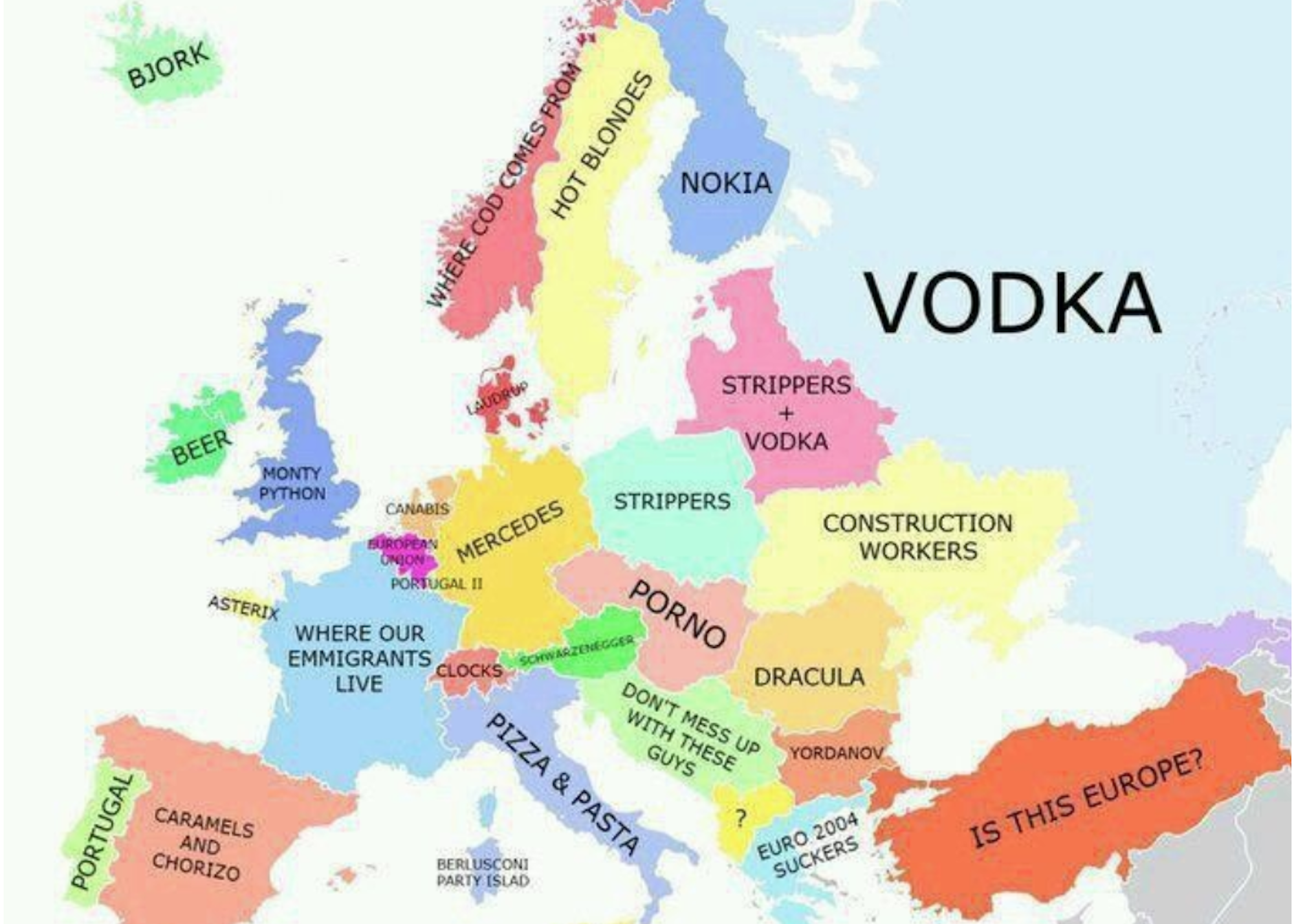In the beginning of Sir William Beveridge, New Britain, he discusses the idea of how people want something new after a war and how people put emphasis on different parts of “New Britain.” He speaks of the “very few of us want something utterly unlike the Britain that we have known and loved.” (Beveridge, 505) Implying he wants a New Britain instead of a New Britain or a New Britain. On the next page, he explains that “New Britain sums up the common desires of all of us today…” (Beveridge, 506) as he goes on the explain the Five Great Evils and possible ways to fix them. However, near the end of the piece Beveridge stated, “Until all the other tasks are taken in hand, I shall, for my part, put the emphasis on ‘new’ and say that I want a new Britain rather than a new Britain.” (Beveridge, 512) From his statements, it is easy to understand that he is looking for a New Britain. How does Beveridge wanted to get to New Britain if they are stuck at New Britain? Why doesn’t he just want either a New Britain or a New Britain? What is his idea of New Britain?
Olitskaia, My Reminiscences
In My Reminiscences by Ekaterine Olitskaia, the part of realization when the women were brought out of the train cars and saw that “Cattle” was written on them was truly horrendous. (432) As Olitskaia mentioned, some of the women were upset by this while others, like herself, were not too bothered by the statement. (432) Why do you think it was necessary for the guards to have written “Cattle” on the sides of the cars? To protect them women from possible treats from “non-traitors” or to make sure no one tried to rescue them? Also, why were some of the women upset over being labeled as cattle while others did not care?
What I Saw: Reports from Berlin 1920-33
In the reading for class What I Saw: Reports from Berlin 1920-1933 by Joseph Roth a key part of the chapters read that caught my attention was the bus theory. Roth discusses “the trouble and irritation in daily public life” and that is is in fact the fault of the public and more specifically the postwar generation (Roth, 101). With this, he compares it to a bus full of aggravated passengers. He describes the lead up to a possible fight due to a woman wearing a hat and, oh my, if a man is with her it makes it even worse (Roth, 102). After this Roth states, “If everyone causes their own individual catastrophes, how can there fail to be more general catastrophes?” and after he claims that all those people on the bus make up a community; however, they only see each other as enemies (Roth, 102). In regards to this section, I ask the question, why is it that the people can’t see past their individual problems and at the problem at large in the community? How can the people on the “bus” come together instead of rage at each other? Or is it impossible due to the political, social or cultural atmosphere?
The Bust of the Emperor Thoughts
In the reading, The Bust of the Emperor by Joseph Roth, the main idea that caught my attention was how the old Count had an on-going dilemma with nationality. As a man from the Austrian Empire, he was a part of a whole. However after WWI, his nationally identity was lost due to his home now residing in Poland (Hoffman, 234-5). Over the course of more years, the Count was still struggling with his national identity and having moved back to his home town, reverted back to the ways of the Empire with his old uniform and a bust of the Emperor Franz Joseph (Hoffman, 242-3). Overall, his national identity was with Austrian but he ended up burying his national identity. This being because he had possibly finally found peace in what his national identity was.
The questions I’d like to propose are as follows: How did the Count’s action in the bar in Switzerland correspond with him going back again to his “home”? Why did he end up going back to his “home” again after already having leaving it? Also, regarding the bust of the Emperor, was it possible that other people in his “home” felt the same way and saluted the bust with gratitude/ longing instead of just from ignorance as to what happened after WWI?
